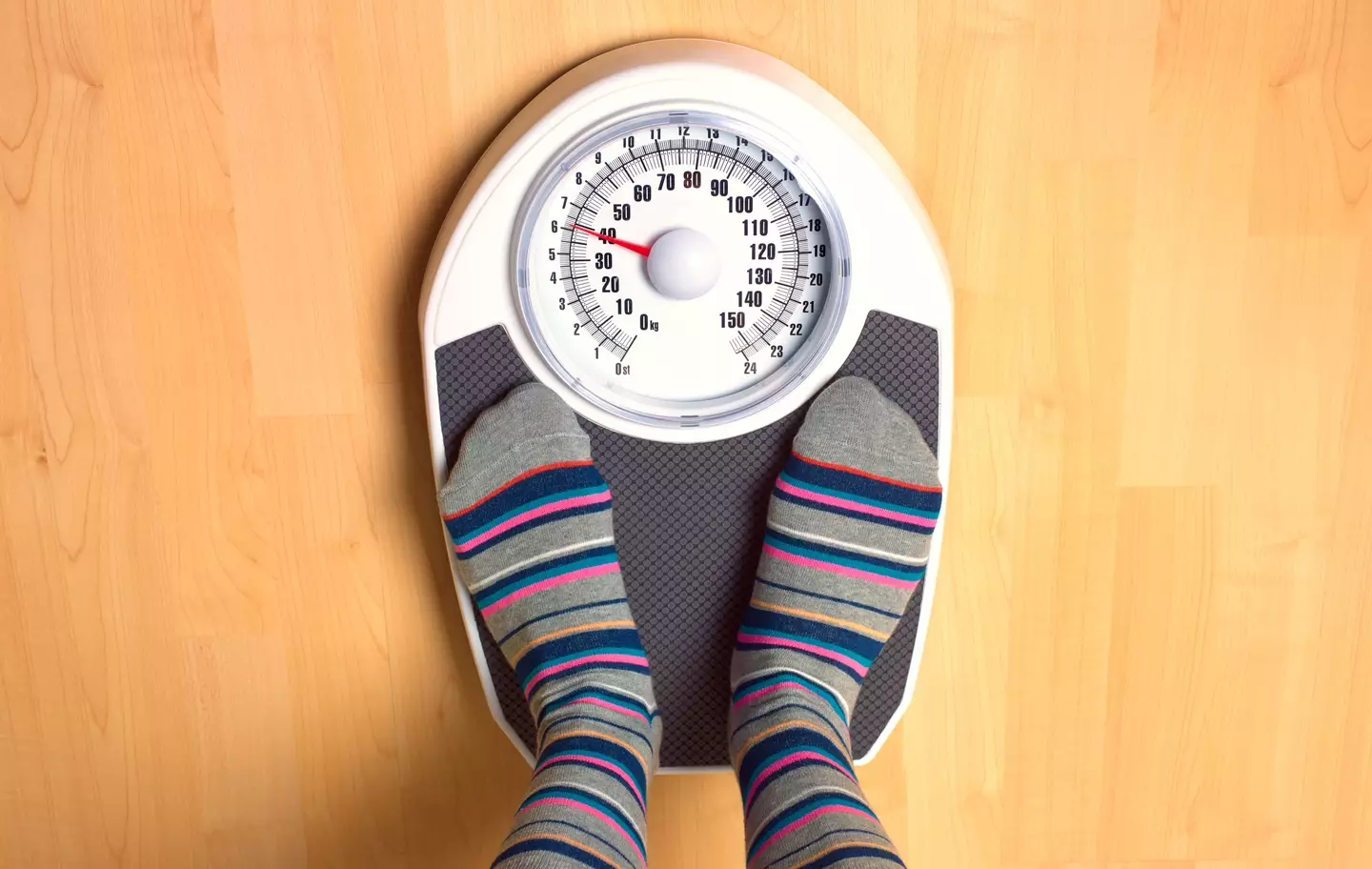Many people assume that diet sodas are a healthier alternative to their sugary counterparts, but this might not be entirely true.
Coca-Cola, which offers a wide range of beverages, reports that over 1.9 billion servings of its drinks are consumed in more than 200 countries daily.
Of course, Coca-Cola’s most iconic drink is the classic Coca-Cola, which remains the company’s top seller. However, they also provide diet options like Diet Coke, Coca-Cola Zero, and other ‘zero’ versions of their various sodas.
Similarly, PepsiCo’s products are consumed over one billion times a day across more than 200 countries.
Despite the high volume of soft drinks consumed globally, the United States isn’t the leading consumer of sodas—Hungary holds that title.
According to World Population Review, Hungarians consume 310 liters of soda per person annually, making them the world’s largest consumers of sugary drinks.
For those who are heavy soda drinkers, switching from regular to diet soda can offer health benefits, especially in terms of calorie intake. However, it seems that ‘your body won’t be fooled for long’.

The culprit? Artificial sweeteners.
Registered dietitian Susan Campbell, RD, LD, explains via Cleveland Clinic: “Research suggests that your body reacts to certain nonnutritive foods, including the artificial sweeteners in diet soda, in ways that may actually harm your health.”
These health impacts manifest in several different ways.
Research has indicated that artificial sweeteners might lead to an increased consumption of high-calorie foods.
A 2015 study involving nearly 800 individuals aged over 65 found a link between diet soda consumption and rising abdominal obesity.
Further studies show that those who frequently consume artificially sweetened beverages are more likely to have a higher BMI, according to USA Today.

Research by Columbia University College of Physicians and Surgeons and the University of Miami Miller School of Medicine tracked 2,500 participants for over ten years. It revealed that those who regularly drank diet sodas had a 43 percent higher risk of cardiovascular disease, such as heart attacks, compared to those who drank regular soda.
This is puzzling since one might assume that reducing sugar intake would decrease the risk of type two diabetes.
However, some studies suggest that other health issues related to diet soda consumption could eventually lead to type two diabetes.
“A study has suggested that drinking more than two diet fizzy drinks a day could be linked with a form of diabetes called LADA, or latent autoimmune diabetes in adults,” according to Patient.
The website also references a 2009 study indicating that individuals consuming just one diet soda daily were 67 percent more likely to develop type two diabetes.

